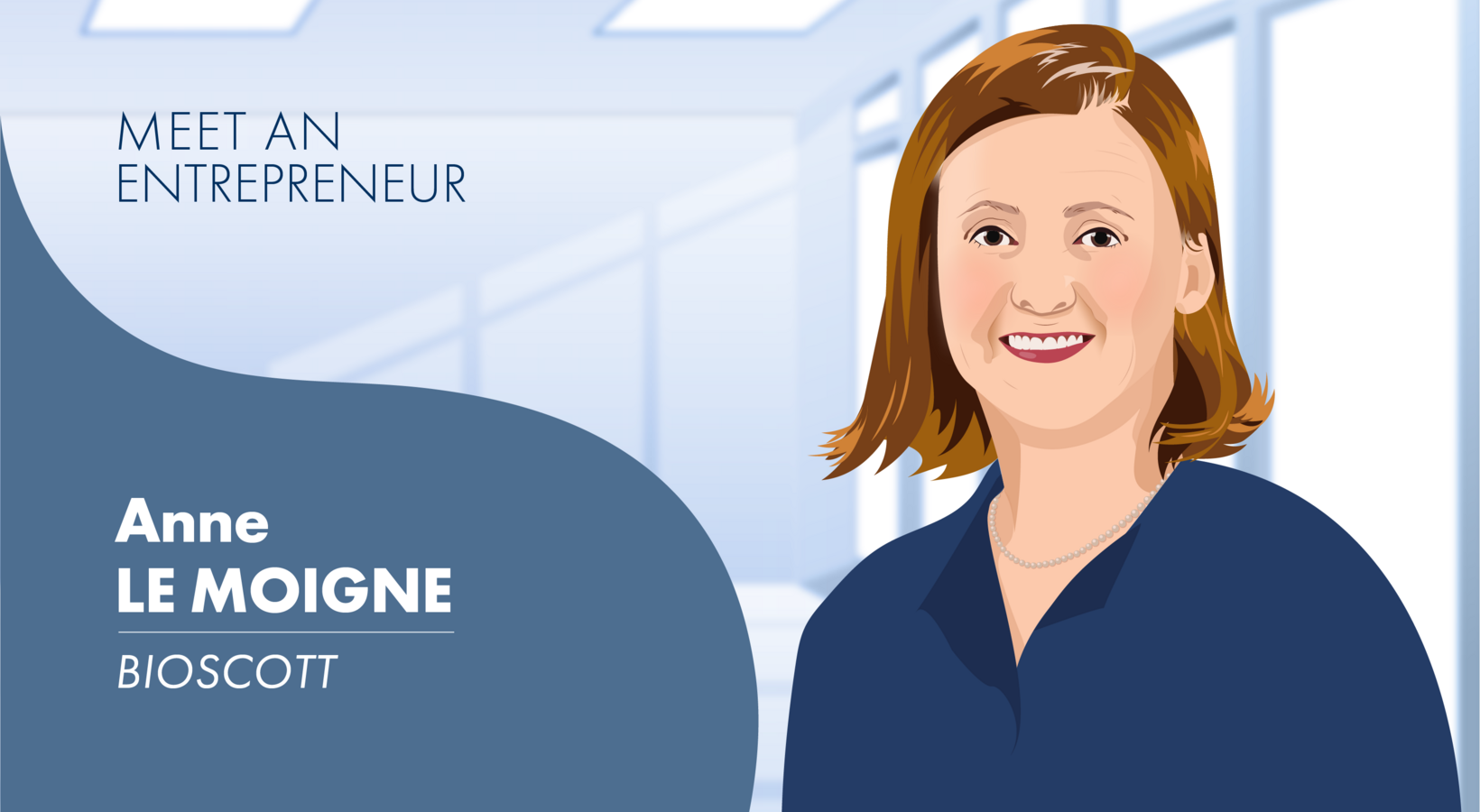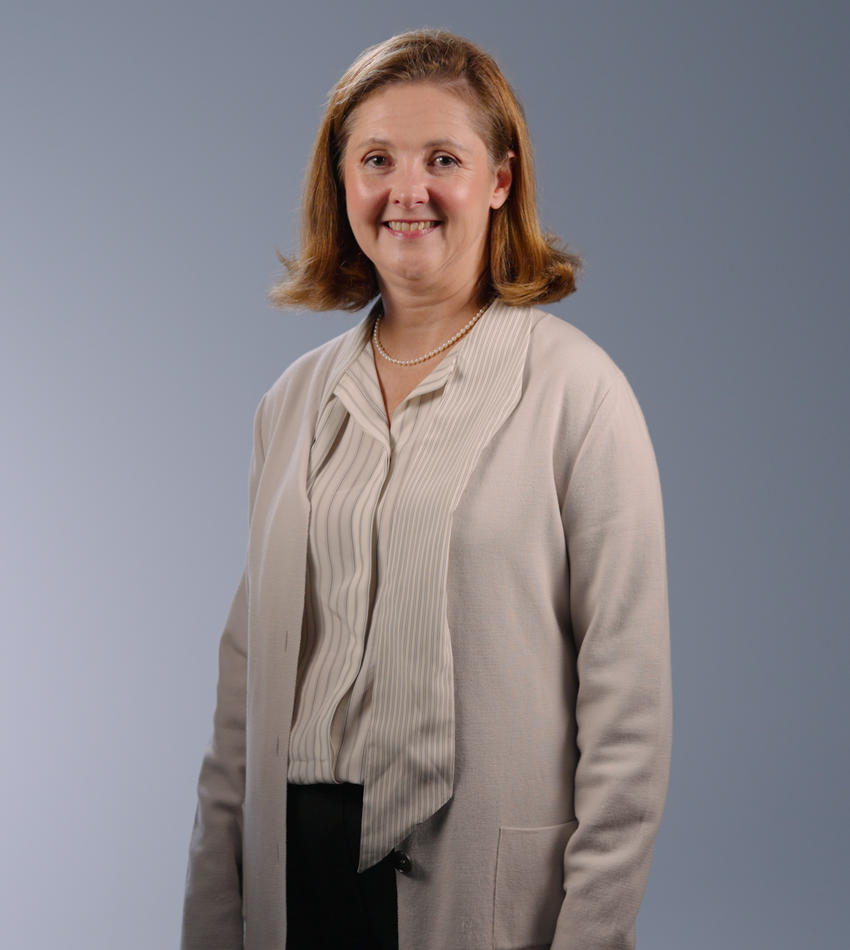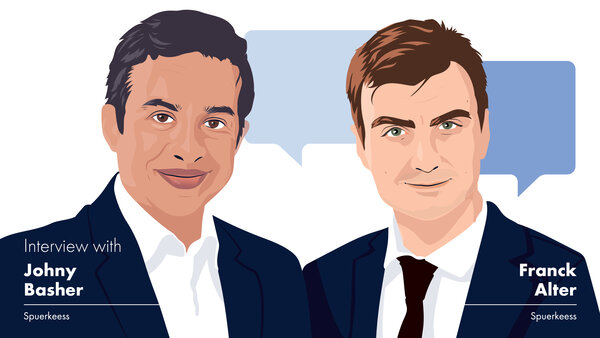Business transfer: A banker one day, an entrepreneur at Chalet au Gourmet the next
Jeff Schmitz made the move from banker to entrepreneur. He traded his tie for an apron, taking over the “Chalet au Gourmet”, well known on local fairgrounds, and a “Gromperekichelcher” production site that sells its wares around the country. A bold and inspiring career move and a genuine success story. We met Jeff at the “Mäertchen”, where he told us about his life change and his daily life as an entrepreneur. The business transfer was accompanied by Johny Basher, our expert in “Transfer of Business” team at Spuerkeess. Happy reading!
![[Translate to English:] [Translate to English:]](/fileadmin/_processed_/2/9/csm_429_EXP_Jeff_Schmitz_Chalet_au_Gourmet_124a19293e.jpg)



![[Translate to English:] [Translate to English:]](/fileadmin/_processed_/5/8/csm_430_EXP_Evelyne_Stoll_IBLA_adaptation_988f97a292.jpg)
![[Translate to English:] [Translate to English:]](/fileadmin/_processed_/7/3/csm_412_Anne_Le_Moigne_BioScott_f43d42df3c.png)
![[Translate to English:] [Translate to English:]](/fileadmin/_processed_/6/1/csm_403_EXP_Ferdinand-Marc_Gallinelli_Dessange_a278e67de2.jpg)
![[Translate to English:] [Translate to English:]](/fileadmin/_processed_/c/4/csm_405_PME_Fred_Giuliani_LetzTrail_24juil24_9cee3c5569.jpg)
![[Translate to English:] [Translate to English:]](/fileadmin/_processed_/c/8/csm_388_PME_Kasia_Krzyzanowski_NEIGHBOUR_MAGAZINE_607e7fb036.jpg)
![[Translate to English:] [Translate to English:]](/fileadmin/_processed_/b/b/csm_389_PME_Thierry_LI_SEABISCUIT_09avr24__1__929b4fc346.jpg)
![[Translate to English:] [Translate to English:]](/fileadmin/_processed_/6/7/csm_372_PME_Antoine_Paulien_WE_ARE_VOYAGERS_b521434d2b.jpg)
![[Translate to English:] [Translate to English:]](/fileadmin/_processed_/e/6/csm_371_PME_Julia_Gregor_on.perfekt_e3669afb46.jpg)
![[Translate to English:] [Translate to English:]](/fileadmin/_processed_/3/c/csm_370_PME_Marina_Andrieu_WIDEANDCO_debda40bcf.jpg)
![[Translate to English:] [Translate to English:]](/fileadmin/_processed_/c/f/csm_361__PME__Jessica_Dores__Dimanche_Matin_9f6a7ea3a6.jpg)
![[Translate to English:] [Translate to English:]](/fileadmin/_processed_/e/2/csm_365__PME__Hilbert_Mesquita_Goerens__desvustays__1__1e37d459b3.jpg)